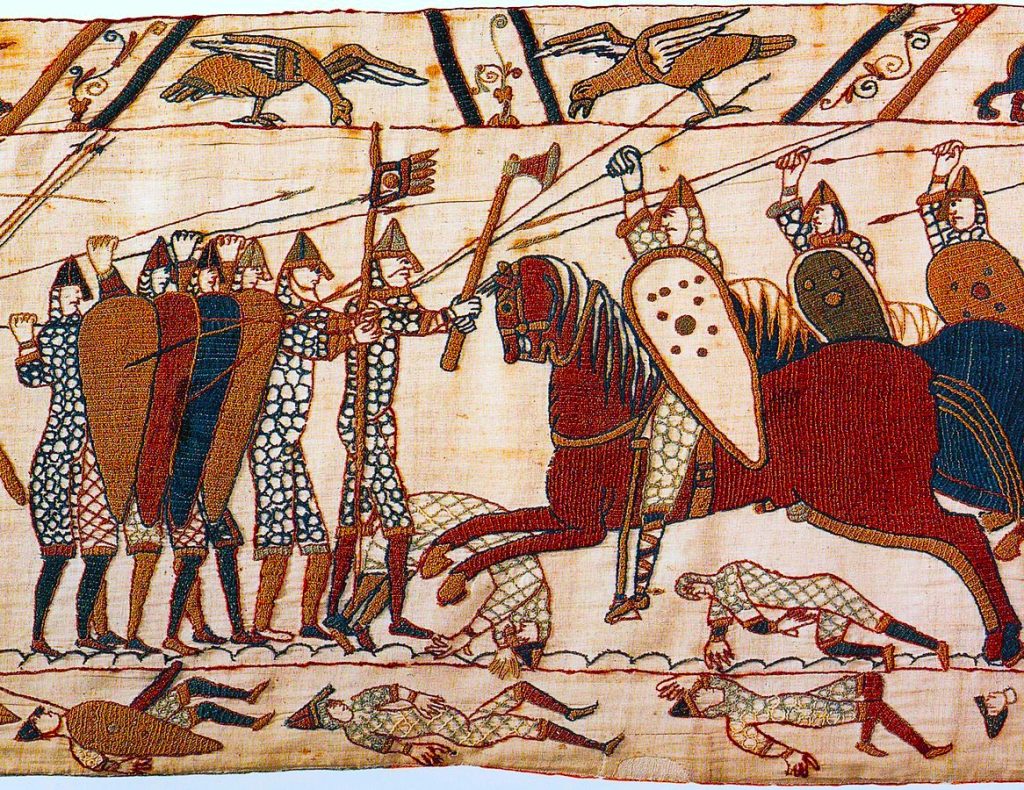It seems we are in the midst of a new world war, except now it aims to lurk in the forms of soft power, coercion, and psychological manipulation. The Cold War essentially hibernated for a few years until Putin became powerful enough to relaunch it online by using Cambridge Analytica and Facebook, targeting major western superpowers like the United States and the United Kingdom. We are witnessing the dismantling of NATO as nations erode from the inside through societal infighting. War games are not mapped out on land and sea but in the minds of groups residing within enemy nations (Meerloo 99). By destabilizing social cohesion within a particular country or region, the fighting becomes self-sustaining and obscured.
Information is key for psychological operations; as sensing living beings, information is what allows us to make good decisions which allow us to achieve our goals and keep living as best as possible. Since information has the capacity to control the behaviours of individuals, power can be generated through the production and control of information. Today, a number of key scientific organizations and individuals are drunk with power as they are in positions to control what should be considered true or false. For the sake of resource management, and likely a dash of plain ol’ human greed, the pragmatic pressures of the world have shaped what was once a methodology into a machine that provides people with purported facts about reality. As a result, we are now battling an epistemic dragon driven by collecting more gold to sit on.
This suggests that the things we believe are extremely valuable to others around the world, in addition to being one of the most valuable things you possess. The information and perspective you can provide to others is valuable, either to the society you belong to or to those interested in seeing your society crumble. The adage about ideas “living rent free in your head” seems appropriate because cultural memes are causally effective; they shape the way you think and act and such, introduces a potential psychological harm. Critical thinking and introspection are important because they are processes which counteract the influence of other people, because by forcing individuals to dig deeper from their subjective point of view, one ends up consolidating and pruning their beliefs.
Collateral damage has shifted from bodies to minds and communities will continue to be torn apart until we develop a system for individuals to combat these external influences. Socrates has shown us that philosophical inquiry tends to irritate people, and the fact that mere scientific scepticism today is being met with ad hominems suggests we are on the right track. Remember, the goal is discourse rather than concrete answers, and an important component involves considering new and conflicting ideas. Be wary of what incentivizes other people but do not judge them for it. Compassion will be the most challenging part of this entire endeavour, but I believe in you.

Works Cited
Meerloo, Joost A. M. The Rape of the Mind: The Psychology of Thought Control, Menticide, and Brainwashing. The World Publishing Company, 1956.